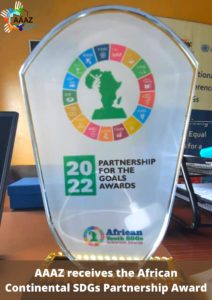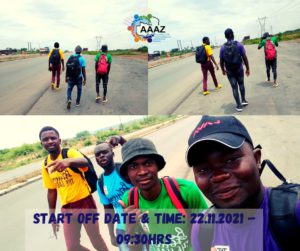In every community, local development plays a crucial role in improving livelihoods and fostering progress. One essential component of this process is the establishment of Ward Development Committees (WDCs). Let’s delve into what WDCs are, how they function, and why they are vital for community growth and empowerment.
What are Ward Development Committees?
Ward Development Committees, often abbreviated as WDCs, are local bodies established within the jurisdiction of a local authority, typically at the ward level. These committees serve as platforms for community engagement, decision-making, and development planning. Comprising various stakeholders from different sectors, WDCs aim to address local challenges, harness opportunities, and promote inclusive growth.
Composition of WDCs
The composition of WDCs reflects the diverse needs and interests of the community they serve. Here’s a breakdown of the typical members found in a WDC:
- Elected Zonal Representatives: Each zone within the ward elects a representative to voice the concerns and perspectives of their respective areas.
- Extension Officers: Experts from various departments such as agriculture, education, health, and community development provide technical support and guidance.
- Non-Governmental Organization (NGO) Representative: A local NGO representative contributes insights and resources to address community needs effectively.
- Inclusivity Representatives: Individuals representing marginalized groups, persons with disabilities, and youth ensure that the committee’s decisions are inclusive and considerate of all community members.
- Chief’s Representative: A liaison from the local chief’s office helps maintain cultural sensitivity and align development efforts with traditional values.
- Ward Councillor: The elected representative of the ward provides political leadership and connects the committee with the local government.
- Trustee: A trustee from the local authority oversees financial matters and ensures transparency in resource allocation.
- Focal Point Persons: Designated individuals for youth, sports, recreation, and gender matters ensure that these specific areas receive adequate attention and support.
Functions of WDCs
WDCs undertake several key functions to drive local development:
- Development Planning: They facilitate the formulation of development plans tailored to the specific needs and priorities of the ward.
- Resource Mobilization: WDCs work to secure funding and resources from various sources to implement development projects effectively.
- Community Engagement: They promote active participation and involvement of community members in decision-making processes, ensuring that development initiatives resonate with local aspirations.
- Monitoring and Evaluation: WDCs monitor the progress of projects and programs, ensuring accountability and making necessary adjustments to achieve desired outcomes.
- Advocacy and Representation: They advocate for the interests of the community at higher levels of governance and represent the ward in relevant forums and meetings.
Importance of WDCs
Ward Development Committees play a crucial role in fostering grassroots democracy, promoting inclusivity, and ensuring sustainable development. By harnessing local knowledge, resources, and expertise, WDCs empower communities to take charge of their own development trajectory, leading to more resilient and vibrant societies.
WHO CAN BE A PART OF WDCs?
Ward Development Committees (WDCs) typically consist of a diverse group of individuals who are representatives of the local community and play a significant role in the development and governance of a specific ward or locality. The composition of WDCs can vary depending on the specific context and the guidelines set by the local government, but here are some common stakeholders who may be part of Ward Development Committees:
- Local government officials: Elected representatives such as councilors or aldermen may be part of WDCs to provide guidance and support.
- Community leaders: Influential members of the community, such as religious leaders, elders, or traditional chiefs, may be included to represent the interests of different community groups.
- Representatives of local community-based organizations: Members of local NGOs, community groups, women’s organizations, youth groups, or other civil society organizations may be part of WDCs to ensure diverse representation.
- Local business representatives: Individuals from the local business community may be included to provide input on economic development projects and initiatives.
- Representatives of marginalized groups: WDCs may include representatives of marginalized groups such as women, minorities, persons with disabilities, and other vulnerable populations to ensure their voices are heard in decision-making processes.
- Government officials: Representatives from government departments or agencies at the local level may be part of WDCs to provide technical expertise and support in implementing development projects.
- Technical experts: Professionals such as engineers, urban planners, educators, health workers, and other experts may be invited to provide technical advice and support on specific development issues.
WDCs are inclusive, transparent, and participatory in order to effectively address the needs and priorities of the local community and promote sustainable development in the ward or locality.
In conclusion, Ward Development Committees serve as catalysts for positive change at the grassroots level. Through collaboration, inclusivity, and effective governance, they pave the way for holistic and sustainable development, ultimately improving the quality of life for all members of the community.





